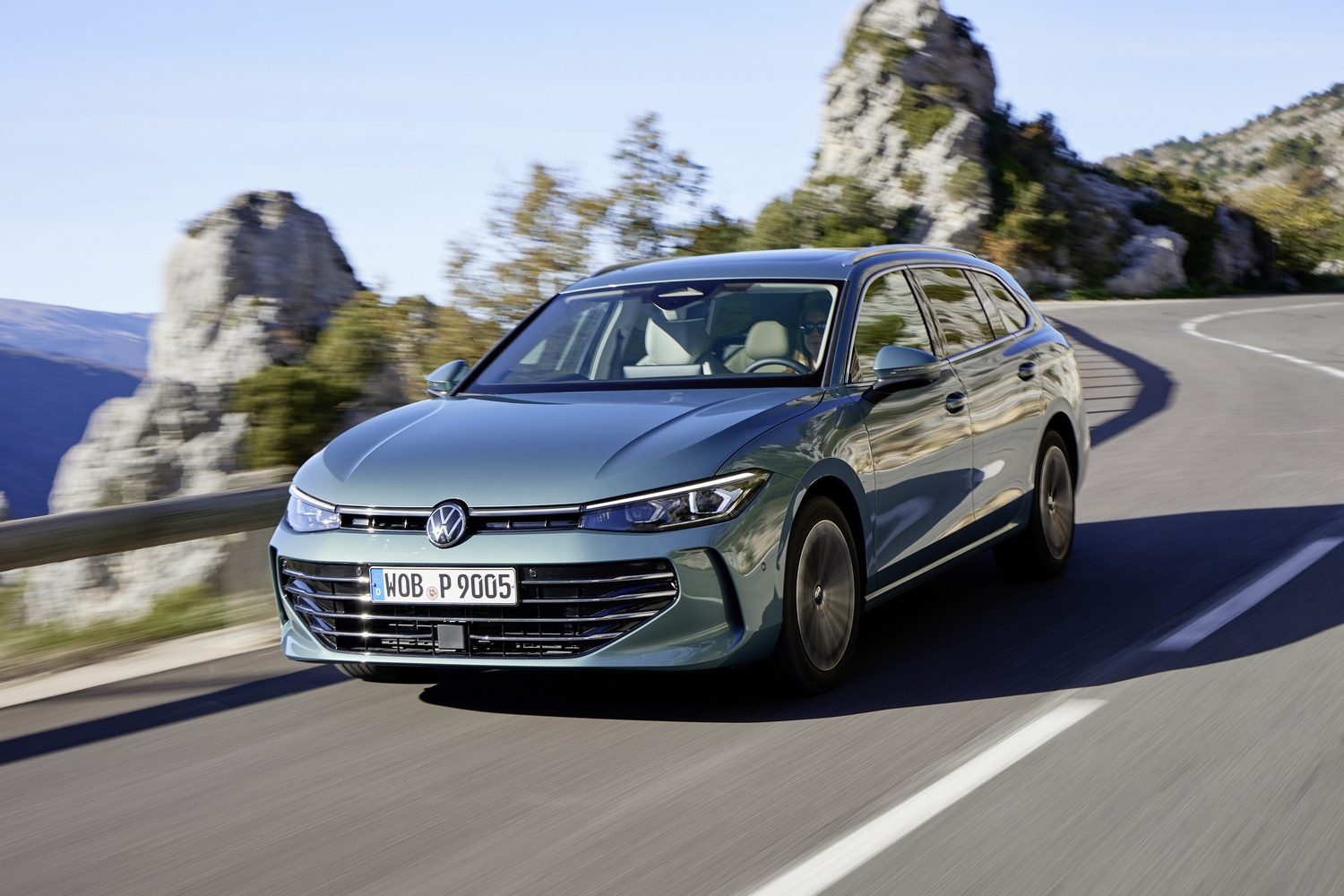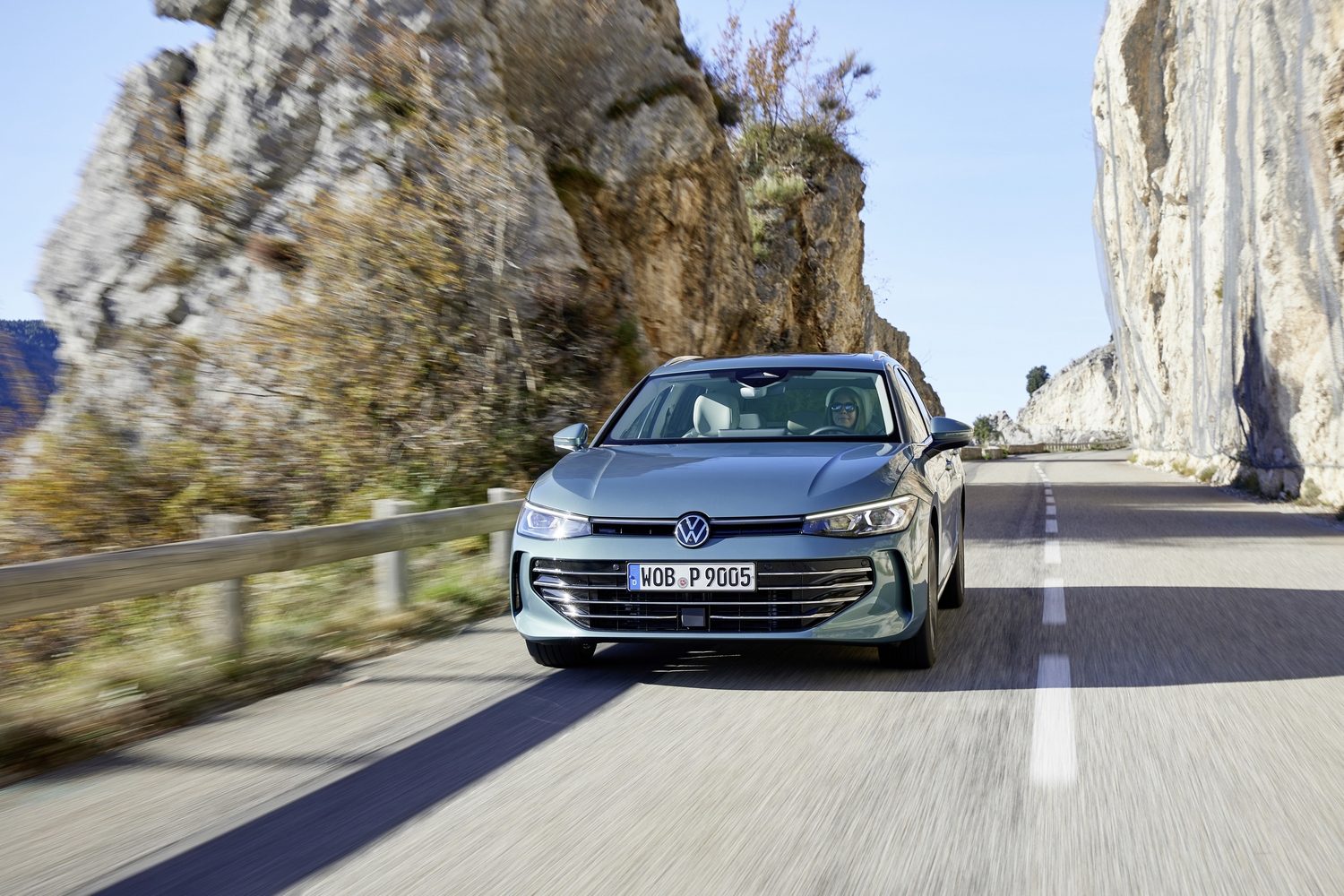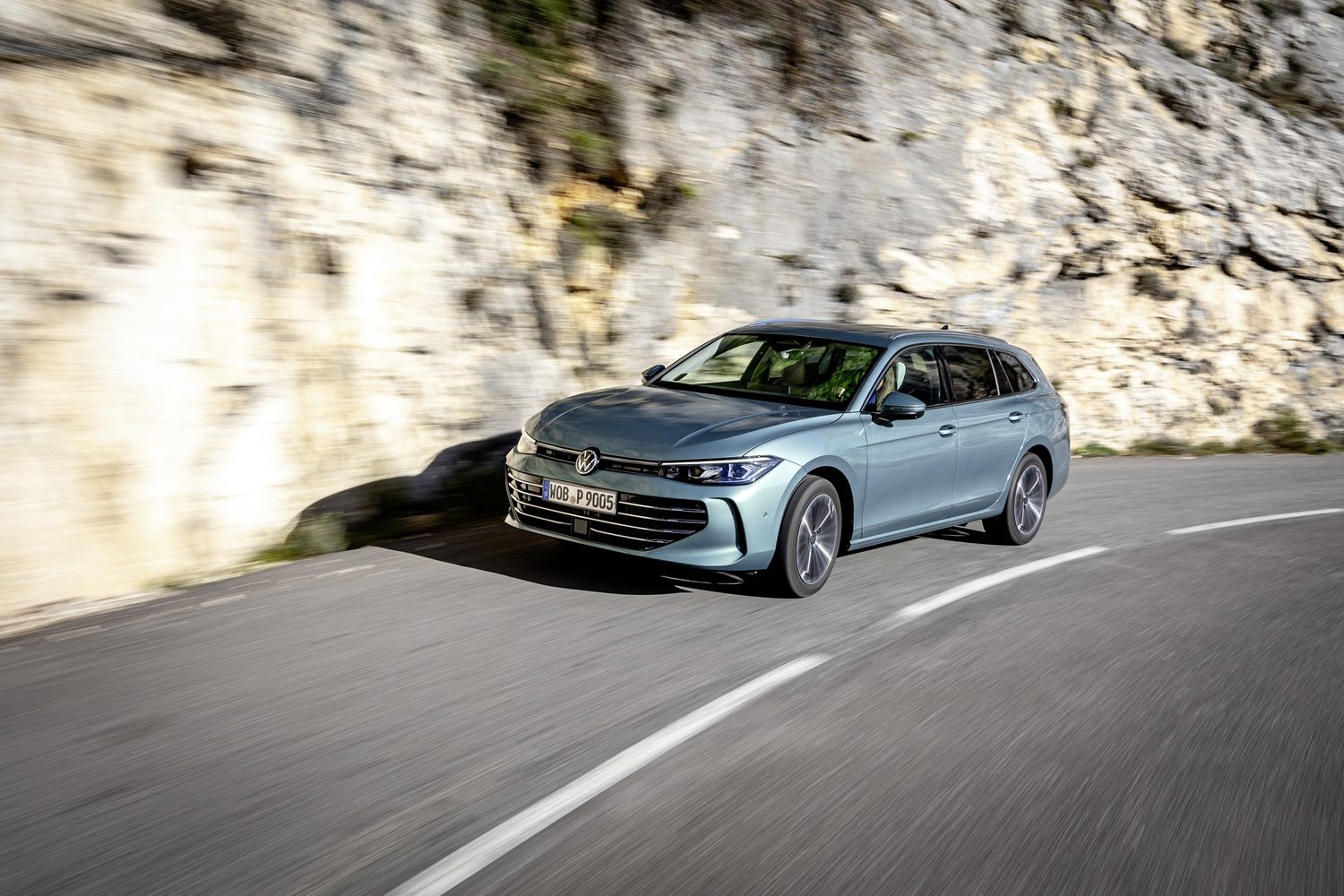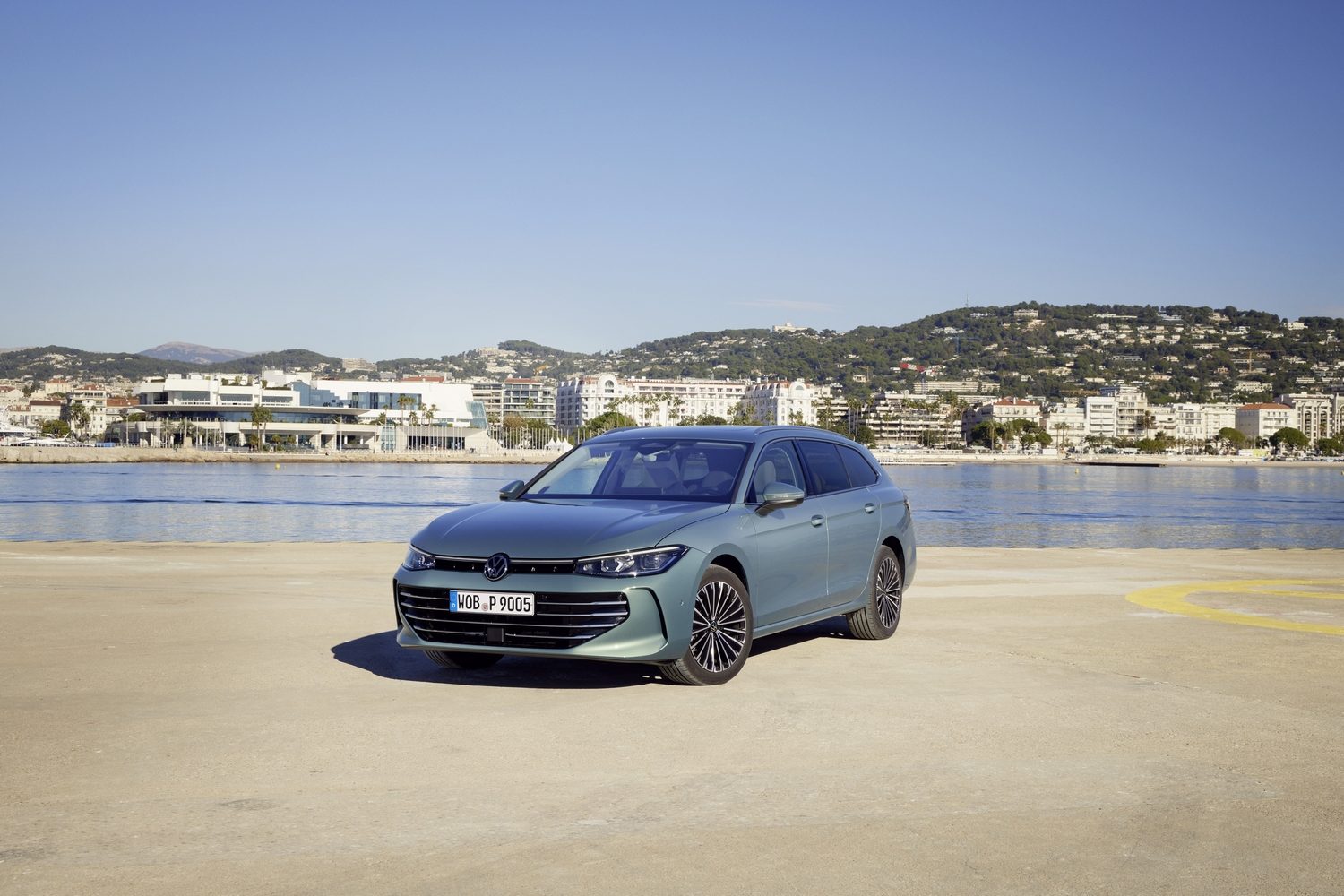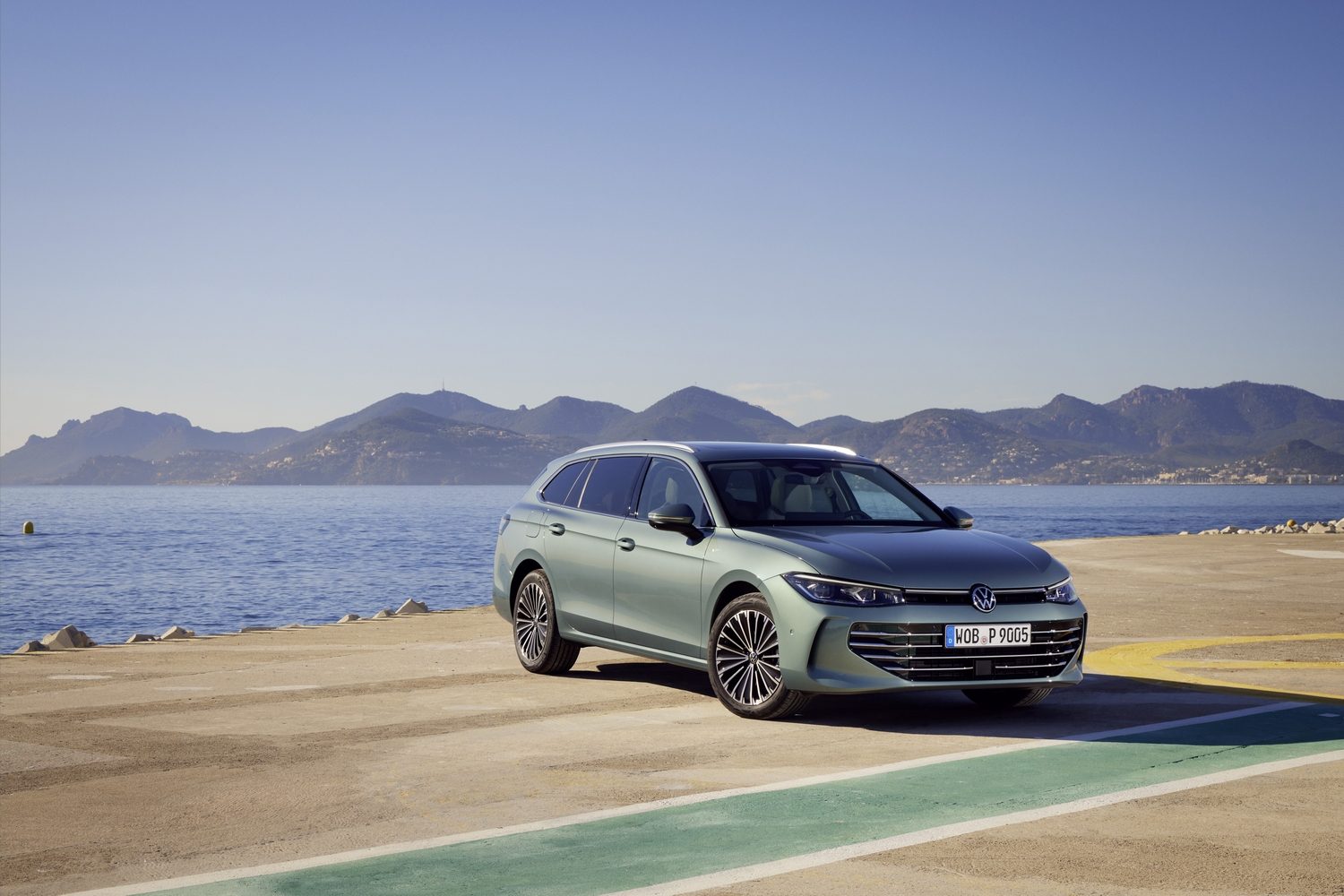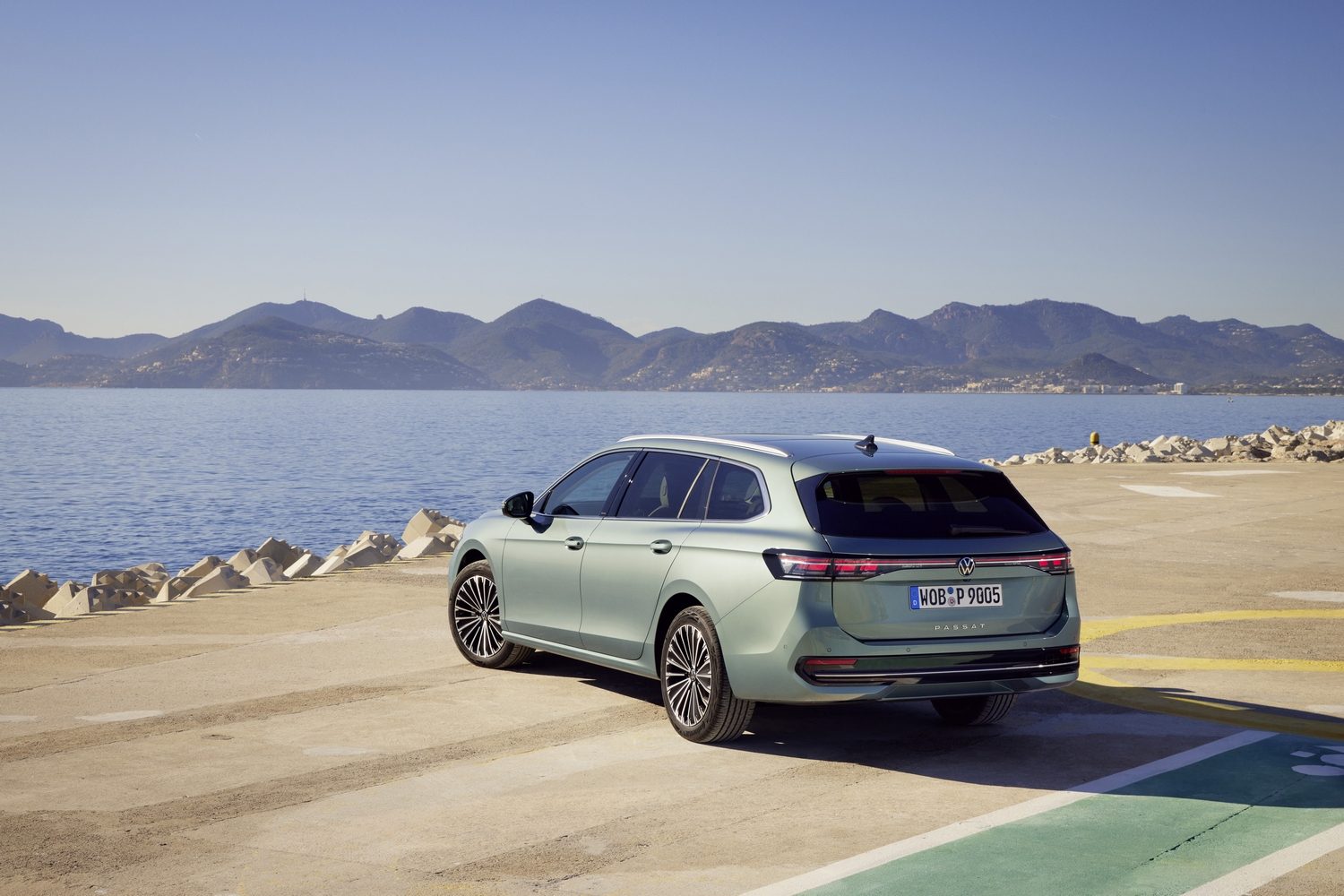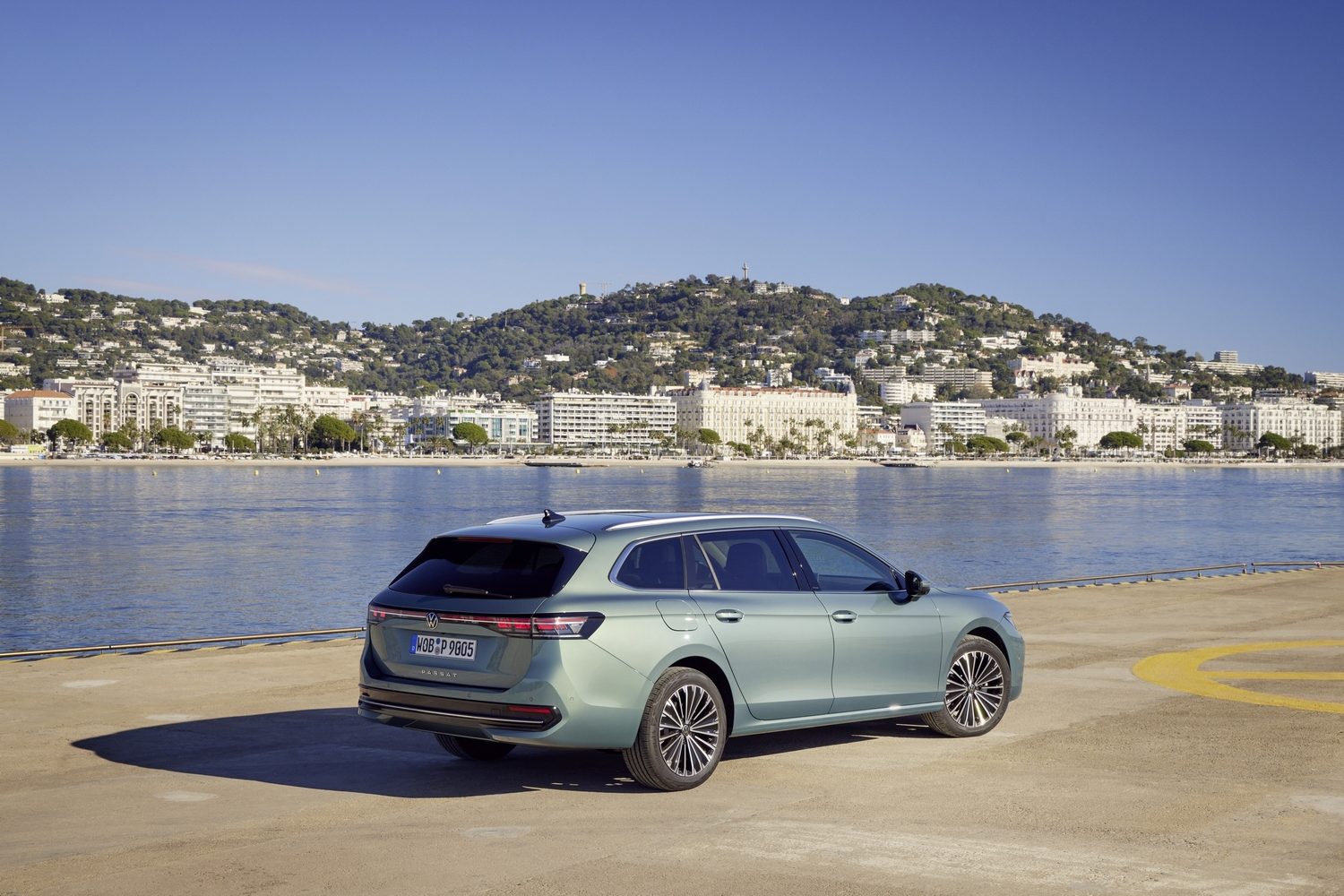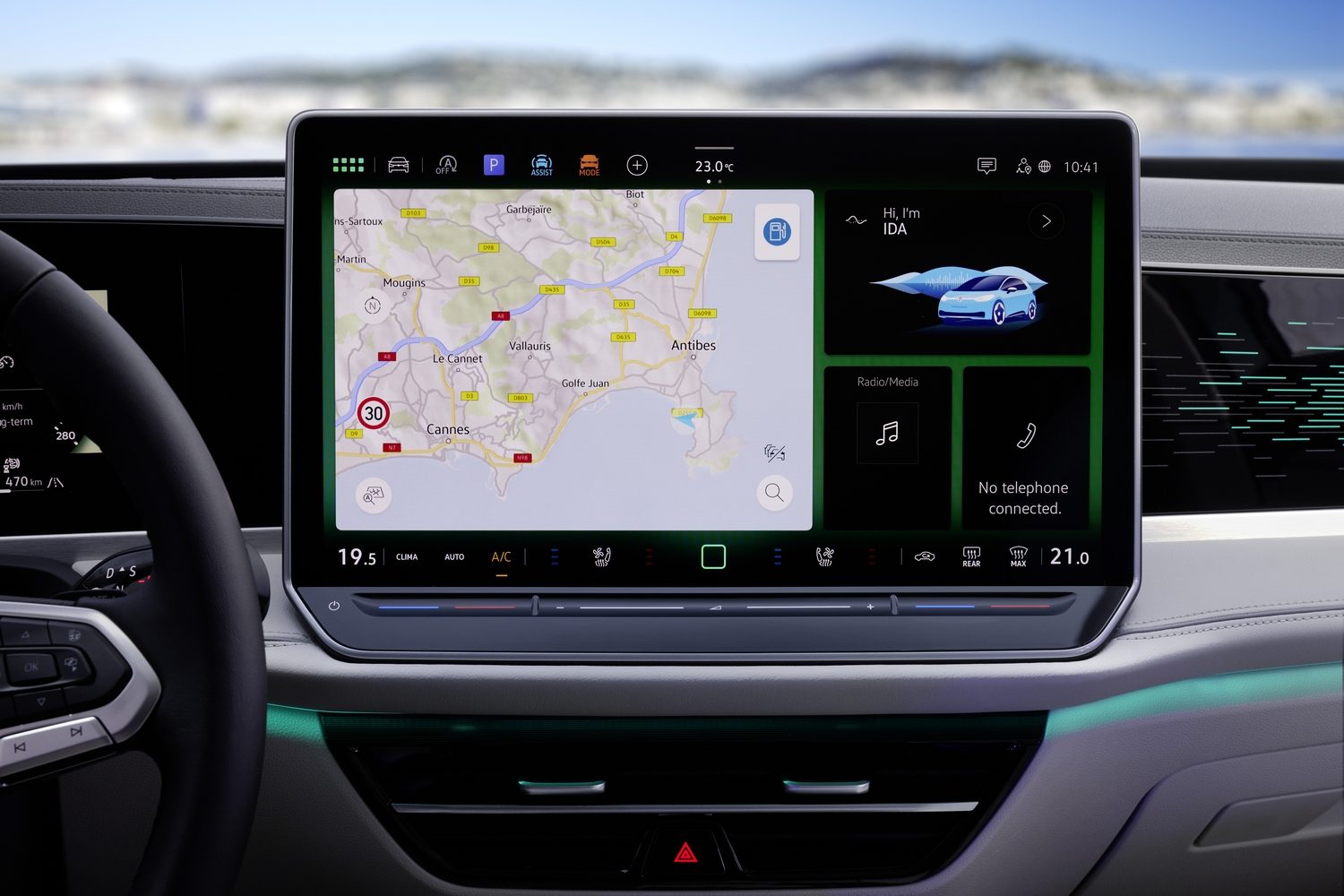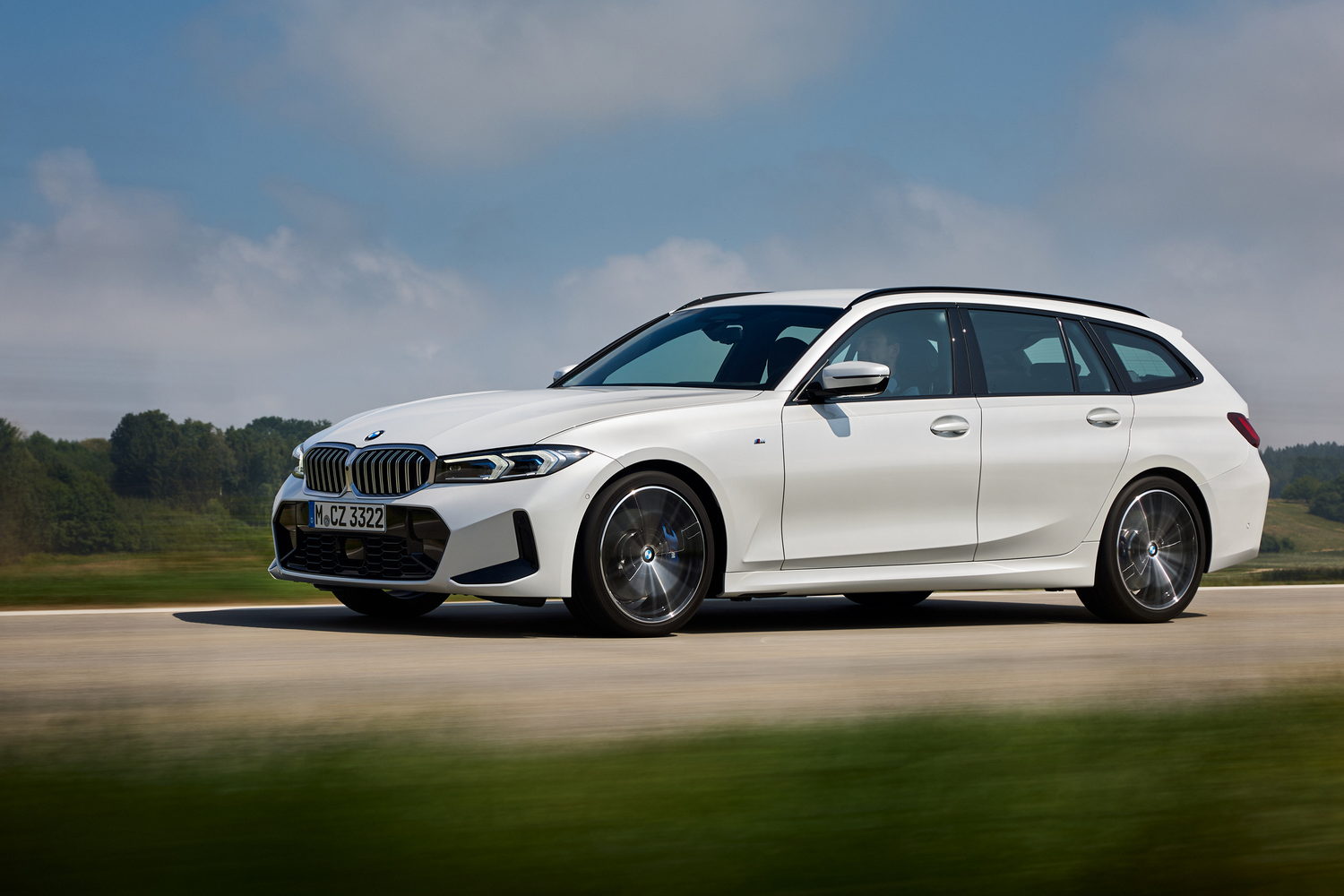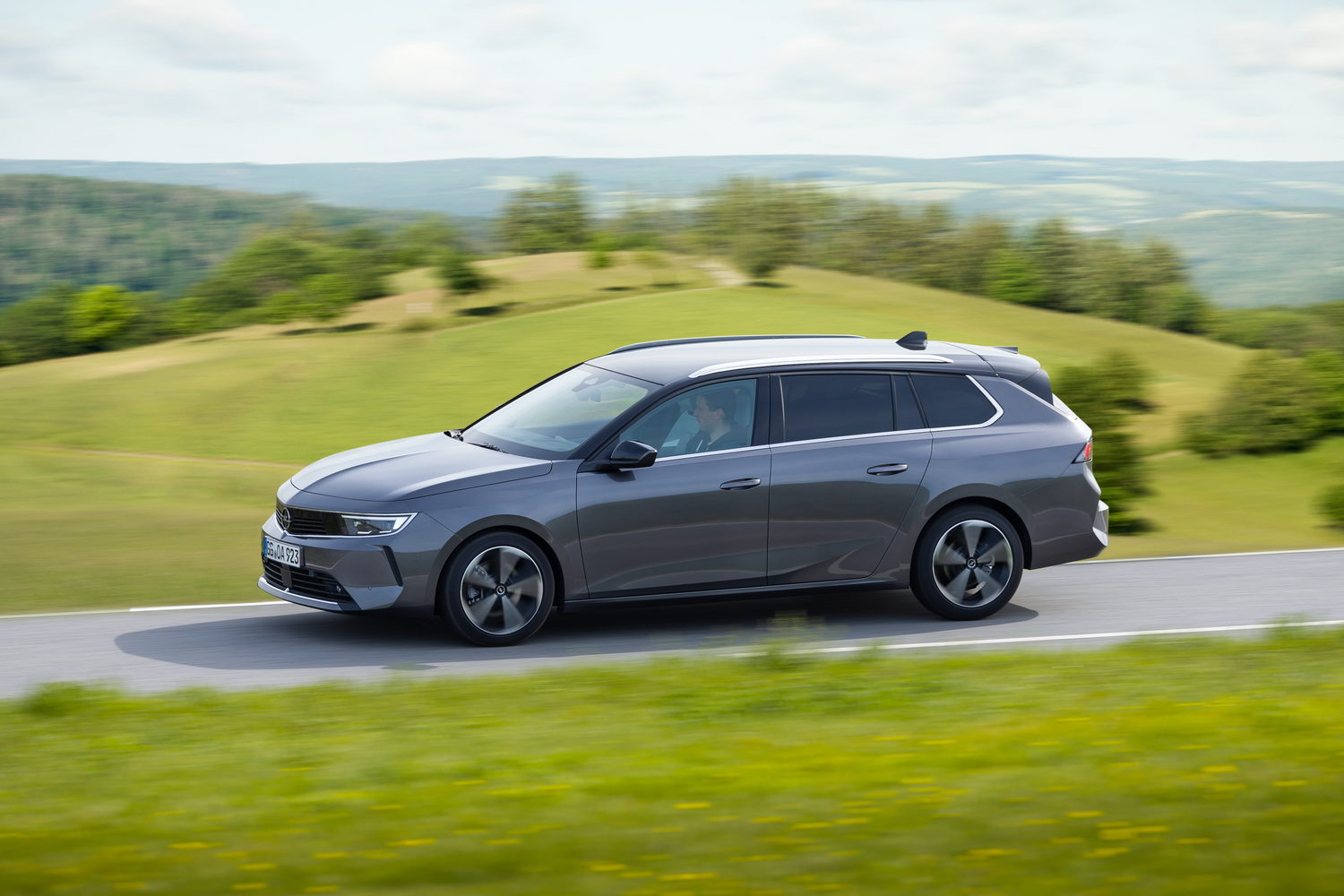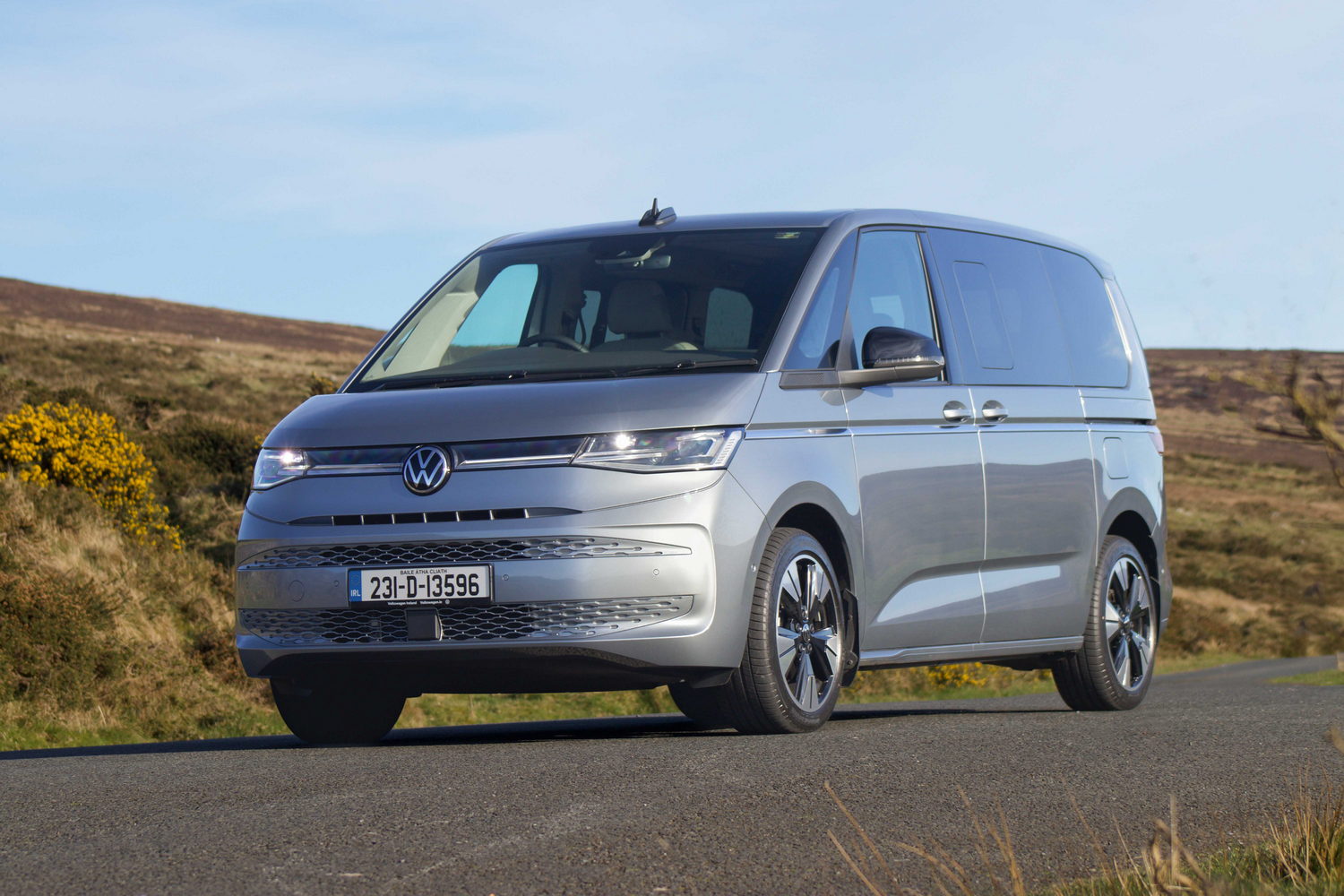That the new Volkswagen Passat isn't coming to Ireland is down to the simple fact that it is all-but impossible to convince Irish buyers that estates are better than SUVs.
Indeed, according to Volkswagen Ireland, only a single solitary per cent of its sales is made up of estates, so bringing in an estate-only version of a model that (however popular the previous Passat might have been) never sold that well as an estate wouldn't be a sensible business decision. The shame of it all is that, as with the excellent Golf estate, Irish car buyers' estate indifference means that we will miss out on the chance of buying a genuinely talented car.
We've sampled the new-for-2024 model anyway to see what we're missing out on.
In the metal
As with its taller brother, the new Volkswagen Tiguan, the ninth-generation Passat rides on the 'MQB Evo' platform, an updated version of the components which Volkswagen has been using for almost all its mainstream models for the past decade. That update allows for more interior space - there's an extra 50mm rear legroom, creating a hugely spacious back seat - and a massive boot, which stretches to 690 litres for the petrol or diesel models, but which shrinks to 510 litres for the plug-in hybrid.
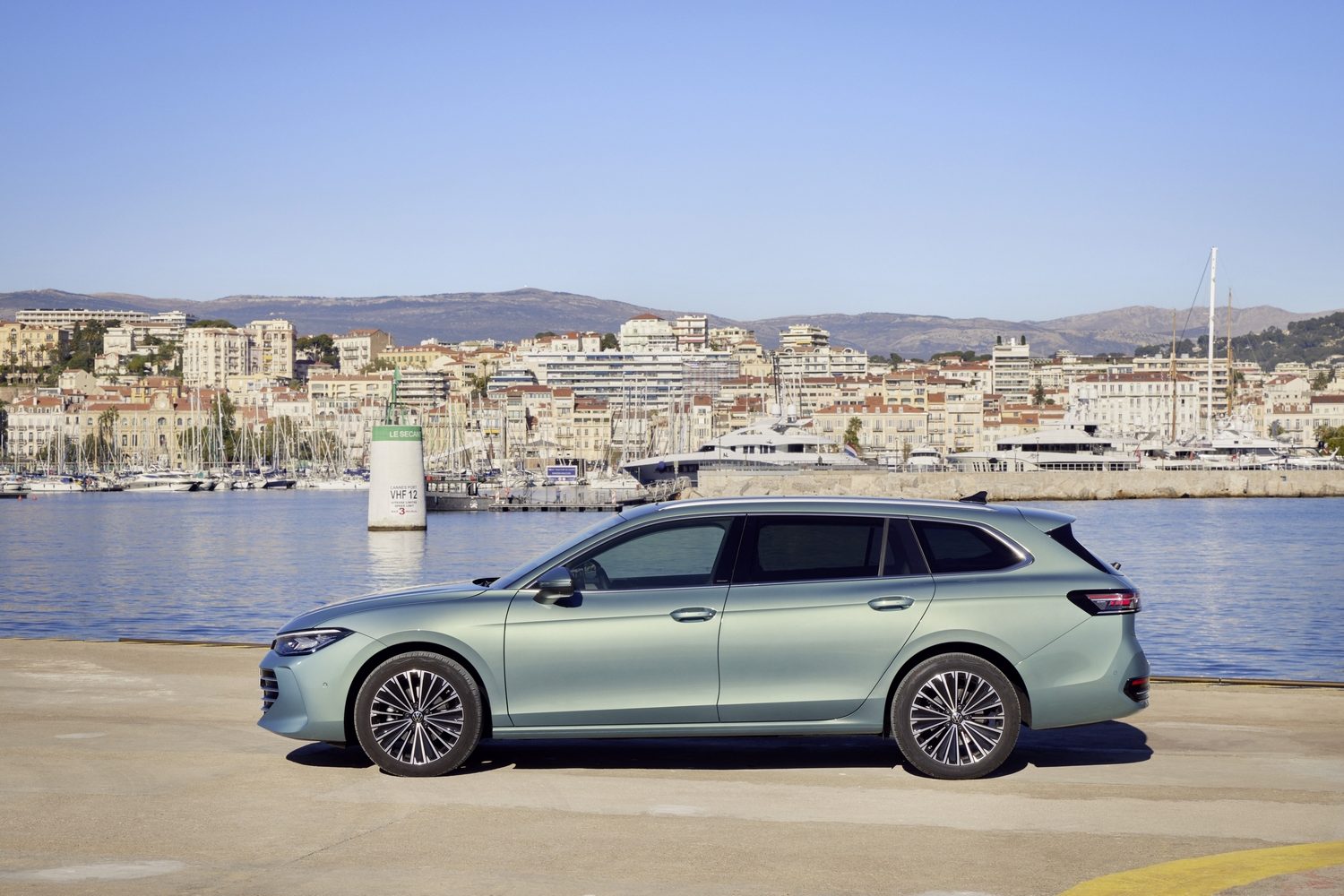
That Passat e-Hybrid plug-in hybrid gets the same 1.5-litre TSI-based plug-in hybrid setup offering a choice of 204hp or 272hp outputs as in the Tiguan e-Hybrid, which means a 19kWh battery pack, 50kW fast charging and a potential range (the final WLTP figures are not yet in) of up to 120km on electric power alone.
The Passat also gets conventional diesel power in 122hp and 150hp front-drive forms, and a 193hp four-wheel-drive 4Motion version. There are also two petrol offerings using a 2.0-litre 194hp turbocharged engine with or without four-wheel drive, and finally - as tested here - a 1.5-litre 150hp e-TSI mild-hybrid, powering the front wheels and using the familiar seven-speed DSG automatic (shared with all the new Passats, except for the e-Hybrids which use a six-speed DSG).
Inside, the Passat's cabin is essentially the same as the Tiguan's, but set lower down. The levels of quality and assembly seem like a distinct step up (and given the Passat's fairly glorious history of high-quality interiors, that's quite the step) and the new touchscreen, available in either 12.9-inch or 15-inch forms, is a world away from what we've seen from Volkswagen in recent years. The front seats are welcoming and supportive, and the driving environment both comfortable and practical, with large door bins, and useful covered storage areas on the centre console thanks to the gear selector having been moved to the steering column.
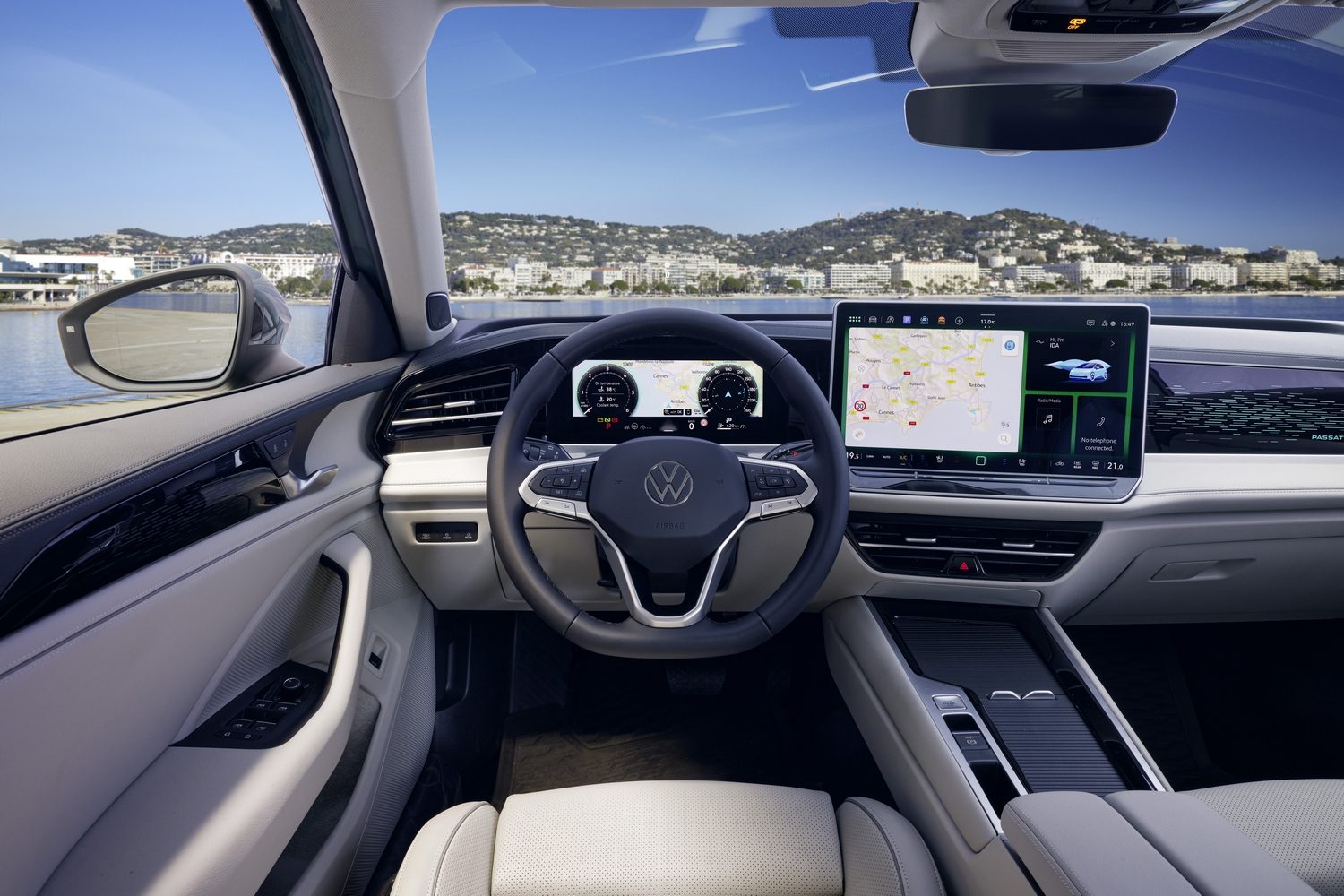
The rear seats are stretch-out roomy, even for the lankiest of passengers, although as with the Tiguan, you'll notice one or two cheaper plastic panels in the back compared to the front.
The boot, measuring the full 690 litres on our test car, has almost 40 litres more space than the taller-but-shorter Tiguan can deploy, and increases to 1,920 litres if you fold the back seats, which can be done simply by tugging on a pair of handles in the boot.
The Passat's handsome-but-relatively-plain styling belies some serious technology under the skin. The new Matrix LED headlights have 1,900 individual lighting elements on each side, while the big touchscreen gets ChatGPT artificial intelligence which can theoretically chat to you like a human, but which we - to be honest - found to be clunky and surprisingly limited in its responses.
Of much more use is the updated DCC Pro adaptive suspension (more on which in a bit) and an automated parking system which can memorise commonly-used manoeuvres and can even be controlled from the outside using a smartphone.
Driving it
The Passat has never been the most reactive and responsive car to drive, but here is a car with all its mass in the right place, nice and low down and spread out. The DCC Pro adaptive damping system is very clever and uses two valves for each damper which try to separate out the loads and inputs from compression (when you hit a bump and squash the suspension upwards) and rebound (when everything springs back again after the bump). Volkswagen's assertion is that it can keep the Passat's body level and stable in a corner without giving it an unpleasantly hard-edged ride, and it seems to have been successful. Turn into a fast corner, and the Passat leans about a degree or so before stopping, and even mid-corner bumps are well absorbed.
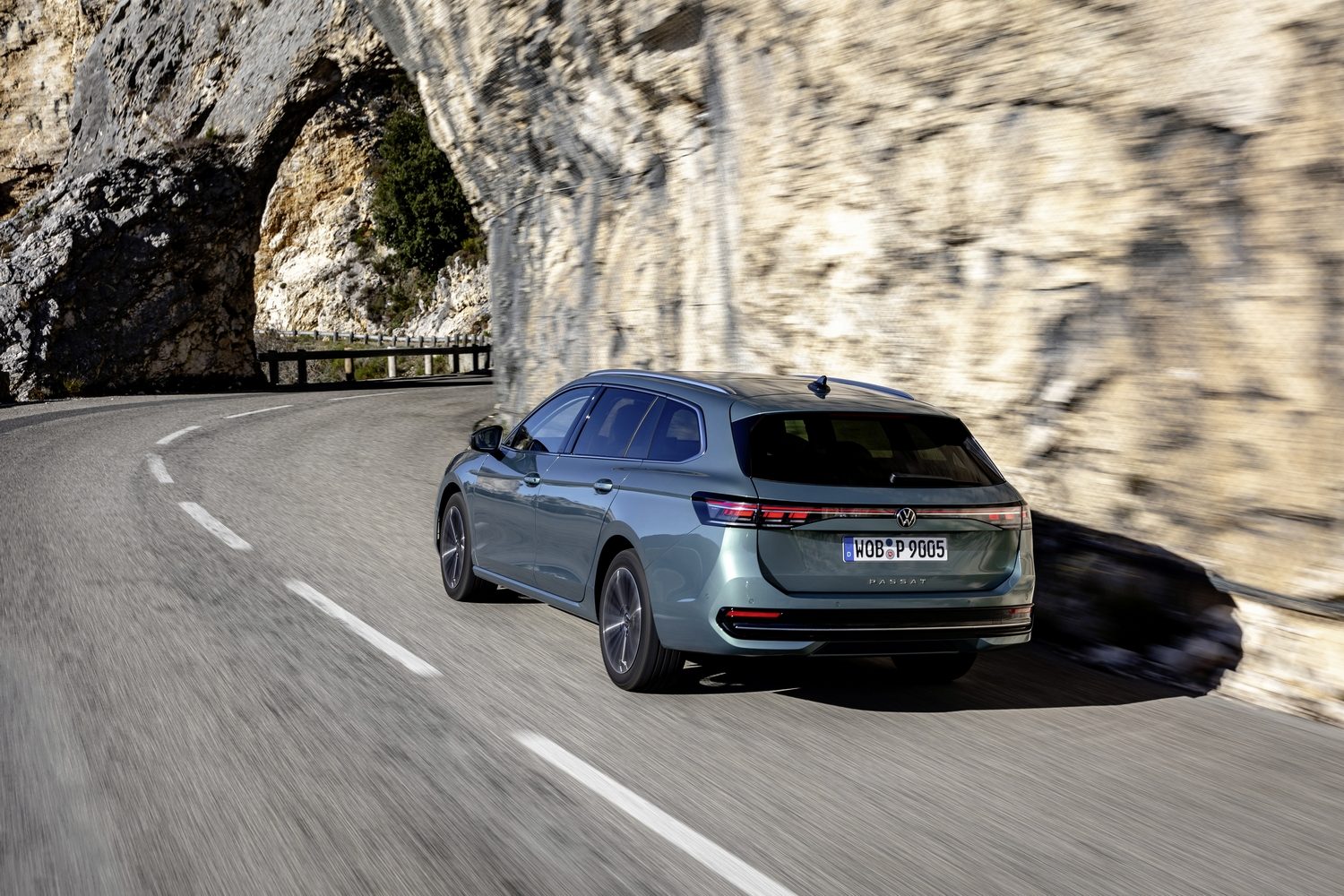
On motorways, the Passat just lopes along with the sort of effortlessness that you'd have not so long ago needed a Mercedes S-Class to emulate.
We tested the 1.5 e-TSI petrol mild-hybrid, which Volkswagen says uses as little as 5.4 litres per 100km, which the 900km-to-empty reading on the car's dashboard seemed to back up. The engine itself is smooth and rev-happy, and while it won't win any performance awards, and nor can it stroll around for short bursts on electric-only power, it does seem like a good all-rounder.
What you get for your money
This section is pointless for this car as it will not be sold in Ireland, but there is something worth discussing and that's the reasons behind the decision. According to a Volkswagen Ireland spokesperson: "In light of the loss of Passat saloon we have chosen to focus our efforts on the Arteon. When the Passat saloon ended in 2022, we were able to improve the price position of Arteon by ten per cent. This led to many Passat and saloon drivers buying our premium fastback, increasing its sales by 285 per cent in 2023 when compared to 2022. The Arteon is offered in both fastback and estate with an attractive APR of 2.9 per cent for a limited time."
Then, of course, there's the imminent arrival of the Volkswagen ID.7 Tourer estate, which can combine a near-700km range on one charge with, of course, zero emissions and the cheapest tax rate available. Between the Arteon and ID.7 Tourers, Volkswagen Ireland decided that the Passat Estate was surplus to requirements.
Summary
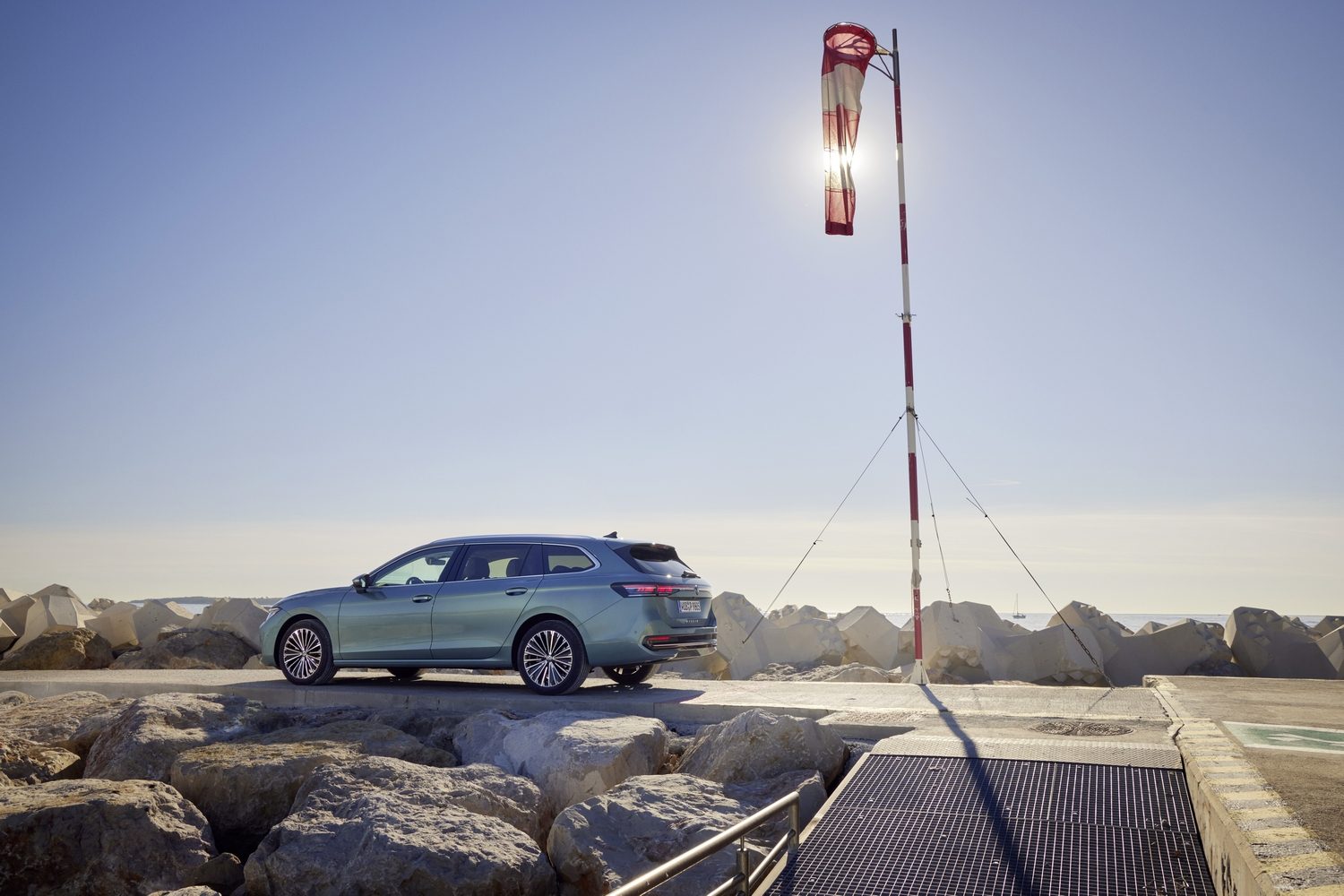
Volkswagen Ireland's decision not to bring in the Passat Estate is an entirely sensible one, and it's unlikely that reversing it would suddenly unlock vast amounts of estate-car buying amongst Irish drivers. It's still a shame, though. This is a beautifully made and engineered car, one that does without the fripperies of premium badging, and which offers almost unrivalled interior space and usefulness.

